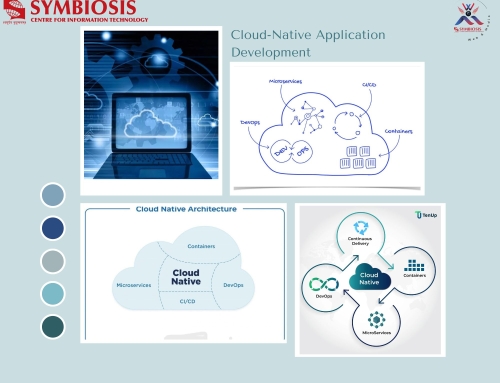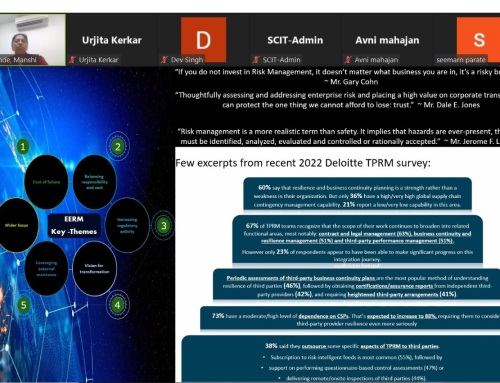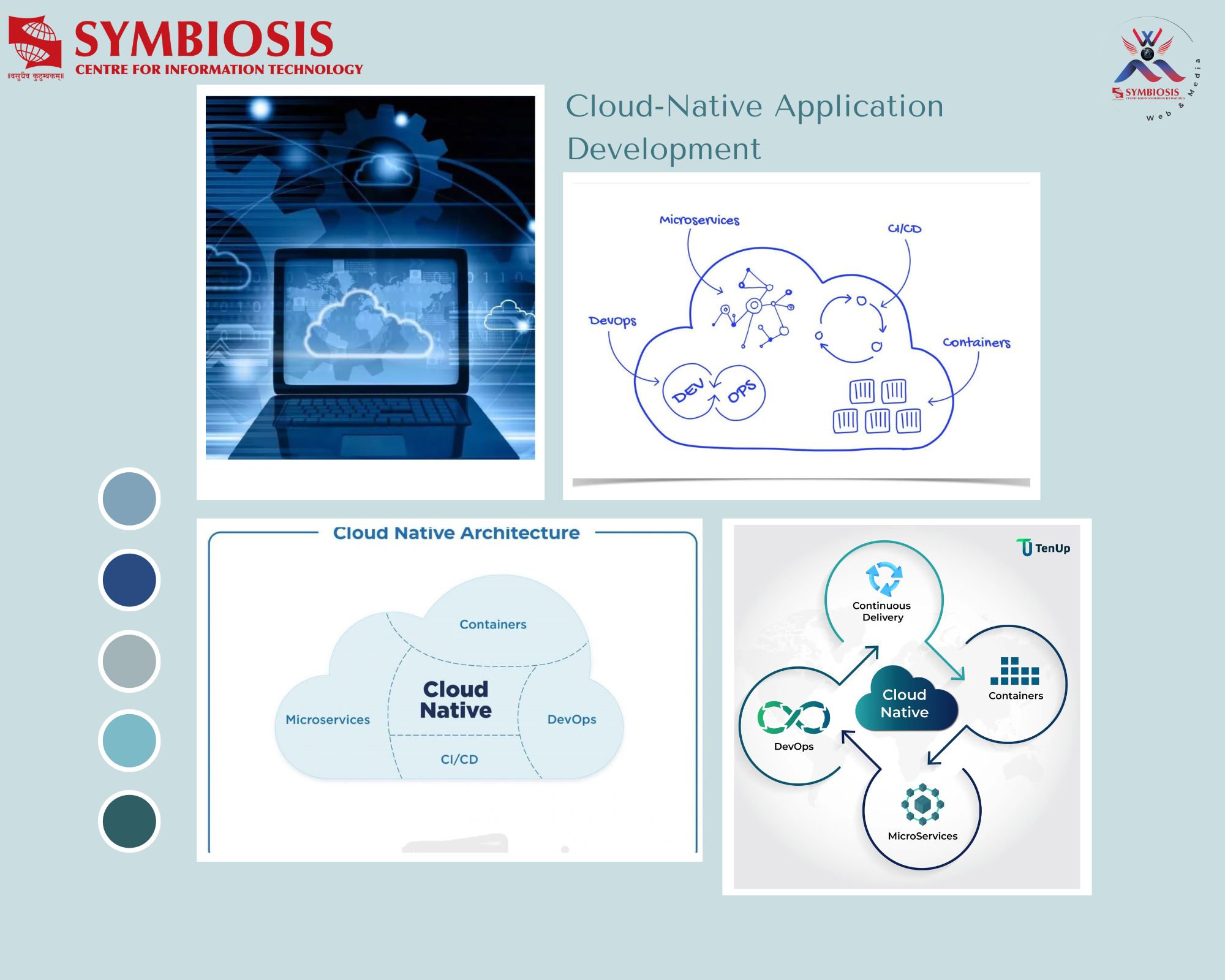Making a Case for Political Philosophy as a Core Credit Course

Zeit·geist [tsahyt-gahyst] noun German
The spirit of the time; general trend of thought or feeling characteristic of a particularperiod of time. Eg. Of Business Ethics, Corporate Social Responsibility, Sustainability, Accountability.
Courses on Business Ethics have become a mainstay of MBA education not only in Europe, Americas but in India as well. This has been because of the global financial crisis and the mega-budget corporate frauds rocking the markets around the world. But is the present teaching methodology and course structure enough? Are the courses effective in instilling a sense of responsibility and value towards the human element involved in business?
Business ethics is a form of applied professional ethics that aims to examine ethical principles and moral/ethical problems that arise in a business environment. Its purpose is to guide behaviour and action towards the strategic and operational management of business within the boundaries of a moral code of conduct. But an individual’s professional conduct and thinking is hardly detached from his personal one. At the fundamental level it is about an individual’s own moral judgement andpower to discern right and wrong. So, doesn’t discussing set business cases, academic principles and having superficial class discussions for a credit- seem anything more than a perfunctory courtesy to the forces of market demand?
Political philosophy on the other hand, addresses issues at a more basic level. It begins, for example, by asking questions like what ought to be a person’s relationship to society. It seeks the application of ethical concepts to the social sphere and in doing so, provides a standard by which to analyse and judge existing institutions and relationships. It is a reflection on how to best arrange our collective life- our social practices, our economic system and our pattern of family life. It involves analysing and interpreting ideas like freedom, justice, authority and democracy and then applying them in a critical way to the social and political institutions that currently exist. There are a no. of other different ways in which it can be more helpful.
Business education is much more scientific than it was in its early years. It has been made more rigorous by the rising influence of statistics and economics. We believe in analytics. Most organizations need more analytics.But analytics are not a substitute for values. Indeed, an overreliance on analytics leaves managers poorly prepared to lead in moments when statistics obscure the full human dimensions of a choice. Many MBA students are also often unaware of connection between values, leadership and actions. Leadership entails thinking beyond the day’s crises to focus on the longer term, grasping the impact of decisions on broader constituencies, and sensing a responsibility that goes far beyond the immediate result of a decision.This requires creating a deeper understanding of the difficult decisions they will face, often under enormous pressure. They must be made aware that these decisions will challenge their values, and that, consequently, they need to clarify the values they stand for. This all can be best achieved through experiential learning of political philosophy.
The increasing Globalisation and rapid churn of business models entails that it is no longer sufficient to be a master of a single trade. We no longer operate in single vertical silos isolated from other aspects of business. We operate in multiple geographies, each with its own unique set of laws, culture and value system. This makes it necessary for an education system to be cross functional and nuanced enough to deal with people issues with empathy and within the principles of natural justice. It is no longer sufficient to learn about derivative trades and hedging without confronting debates over distributive rights of income, wealth and duties.
The solution to ethical challenges in business is not to create an army of M.B.A.s who on the face of it-promise to do the right thing. Rather, they should be equipped to be confident to make choices about right and wrong. They should be prepared to acknowledge the gray areas they are going to face ahead and have their moral compasses calibrated right to find their way.
Markets have evolved into these complex creatures over the years; it’s about time we create a stronger moral supervisory framework in place if we wish to keep up in this Darwinian race.
Prerit Arora SCIT – MBA(ITBM)















